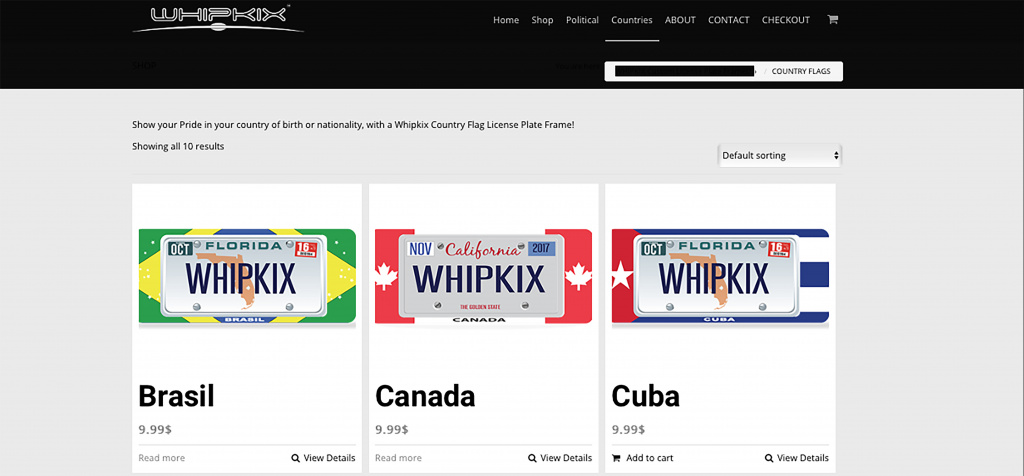Net neutrality might put small businesses in the slow lane
Carolina Magi is a small business owner in Miami whose work focuses on providing young children with safe spaces to play.
But these days, Magi is living in constant fear of losing both her business and her business’s freedoms.
Her company, Todo Kids, which brings children’s play equipment to birthday parties, non-profit events and play dates, uses an increasingly popular business model: it is run completely on the internet.
With no brick and mortar store, the success of Magi’s business hinges on how quickly potential customers can find and access her company’s website.
Enter Ajit Pai, the newly-appointed chairman of the Federal Communications Commission for the Trump administration who has recently proposed overturning a rule known as Title II, the doctrine that created the concept of net neutrality.
Net neutrality is the principle that internet service providers should enable access to all content and applications without favoring or blocking specific products or websites. Essentially, it means the internet is free and open to everyone. But without it, Magi’s business and many others may be facing impending doom.
To most people who know what net neutrality is, the ramifications of its dismantlement are clear: ISPs would be able to pick and choose what sites receive faster or slower service and what sites are blocked.
They can also force people to pay more money in order to be in the internet’s “fast lane.” Those who can’t afford these “fast lane” rates would be left in the “slow lane,” receiving such stagnant service that their sites would be practically inaccessible.
Internet service providers could also decide what sites should be blocked, specifically if those sites don’t adhere to the ISP’s political and moral values, or if the sites belong to that company’s competitors. That brings additional peril to a business owners’ First Amendment rights.
Hemang Subramanian, a professor of business analytics, electronic commerce and internet business application at Florida International University, said the dismantling of net neutrality will effectively kill the local start-up business ecosystem.
“The internet has remained neutral for a very long time, but that could very well change if net neutrality were overturned,” Subramanian said. “The internet would be essentially run like a TV network where advertising and money determines what is or is not available to consumers on the internet.”
There are additional implications related to democracy.
“We are living in what you could call a moneyocracy,” said Zenita Fenton, a civil rights advocate and professor of law at the University of Miami. “The suppression of information on the internet manifests the oppression of the people.”
Since the court decision Citizens United vs. FEC, corporations have held first amendment rights equal to that of individuals. A net neutrality rollback would push corporate speech rights to a preferred position. Fenton said that would be a complete misreading of the democratic ideals envisioned by the founders.
“What is truly rooted in the fundamentals of democracy is the free market of ideas,” said Paula Arias, lecturer of law and the director of the International Moot Court Program at the University of Miami. “The internet is that tool to communicate the exchange of ideas that created and have sustained democracy.”
The disassembly of net neutrality prevents the free market of ideas by killing the start ups that create them. It prevents the small businesses from speaking for themselves, and enables the large businesses to speak alone.
“We take our freedom to heart in this country,” said Arias, “and our freedoms are something we fight to sustain.”
Others believe net neutrality is essential to create a path to the so-called American Dream, often achieved with up-from-your-bootstraps effort.
“The American Dream is being entrepreneurial,” said local business owner Edward James Marko Jr., owner of Whipkix, a company that makes custom license plate frames in Oakland Park.

The screenshot depicted shows local small business owner Edward James Marco Jr.’s website for his company Whipkix, a custom license plate framing business. (Screen grab by Miami Montage)
“It’s about being able to create businesses and make your own money instead of making money for someone else.” Marko’s business, like Magi’s, is run completely on the internet. “Without net neutrality, my business wouldn’t stand a chance.”
Watch this video to learn more about her story.